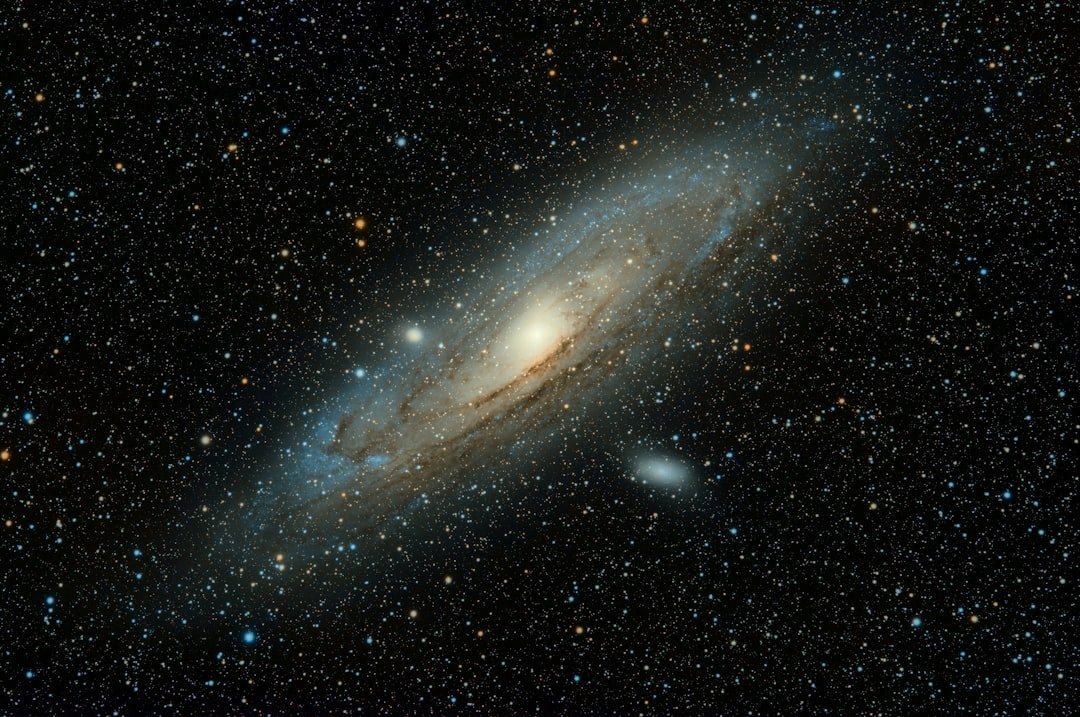As humanity casts its eyes upwards, the infinity of space continues to awe and inspire. It is a vast expanse filled with mysteries awaiting discovery and celestial phenomena that have shaped our past and will dictate our future. The exploration of space stands as one of humanity’s most challenging and enlightening endeavors. This article ventures into the depths of space exploration, uncovering the technological advances, the quest for habitable planets, the commercialization of space travel, and the environmental concerns and future prospects of venturing beyond our Earth.
The Quest for New Worlds
The search for exoplanets, planets that orbit a star outside our solar system, has revolutionized our understanding of the universe. With the help of advanced telescopes and missions like Kepler and TESS (Transiting Exoplanet Survey Satellite), astronomers have identified thousands of these distant worlds. Each discovery offers critical data on the planet’s composition, orbit, and potential to support life. This relentless pursuit not only helps us understand our place in the cosmos but also drives innovations in technology that ripple through various scientific fields.
Pioneering Technology in Space Exploration
Space exploration is a powerful catalyst for technological advancement. Cutting-edge developments in rocketry, such as reusable launch vehicles, have dramatically reduced the cost of space travel. Companies like SpaceX and Blue Origin lead this charge, crafting rockets that can land back on Earth and be flown again. Beyond rocketry, advancements in robotics, AI, and materials science are crucial. For instance, rovers like NASA’s Perseverance are equipped with AI to navigate Mars’ terrain with unprecedented autonomy.
The Commercialization of Outer Space
Once the realm of national agencies, space is increasingly a venue for private enterprise. The burgeoning space tourism industry, spearheaded by Virgin Galactic and SpaceX, aims to make space accessible to civilians. Meanwhile, companies are exploring the potential of mining asteroids for valuable resources such as platinum and water, which could be used in space for fuel and life support. This shift not only opens up new economic opportunities but also raises important questions about space governance and regulation.
Environmental Concerns of Space Exploration
As we reach further into the cosmos, the environmental impact of space missions becomes a critical consideration. Space debris, consisting of discarded satellite parts and spent rocket stages, poses a growing threat to both spacecraft and satellites. Efforts to mitigate this issue include developing better debris tracking systems and more sustainable mission designs. Additionally, there is a pressing need to ensure that planetary protection protocols are followed to prevent contamination of celestial bodies and Earth.
Looking to the Future
The future of space exploration holds limitless potential. With projects like NASA’s Artemis program aiming to return humans to the Moon and plans for manned missions to Mars, we are on the brink of a new era of exploration. Each step forward brings us closer to answering fundamental questions about our existence and the nature of the universe. Moreover, as we advance, it is imperative to foster international cooperation in space exploration to ensure that this final frontier benefits all of humanity.
Exploring space is more than a quest for knowledge—it’s a testament to our ingenuity and spirit. As we stand on the precipice of cosmic discoveries, we continue to push the boundaries of what is possible, forever altering our connection to the universe.
